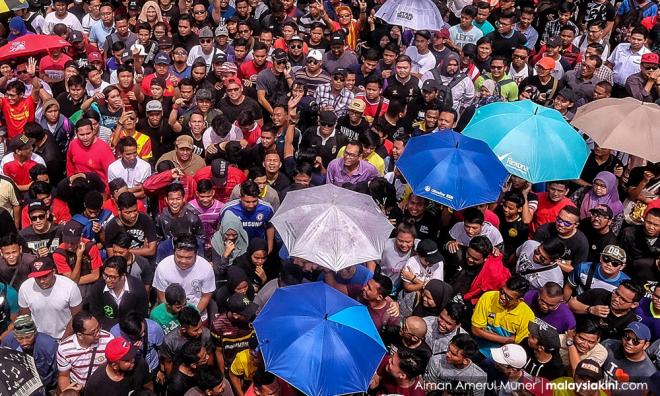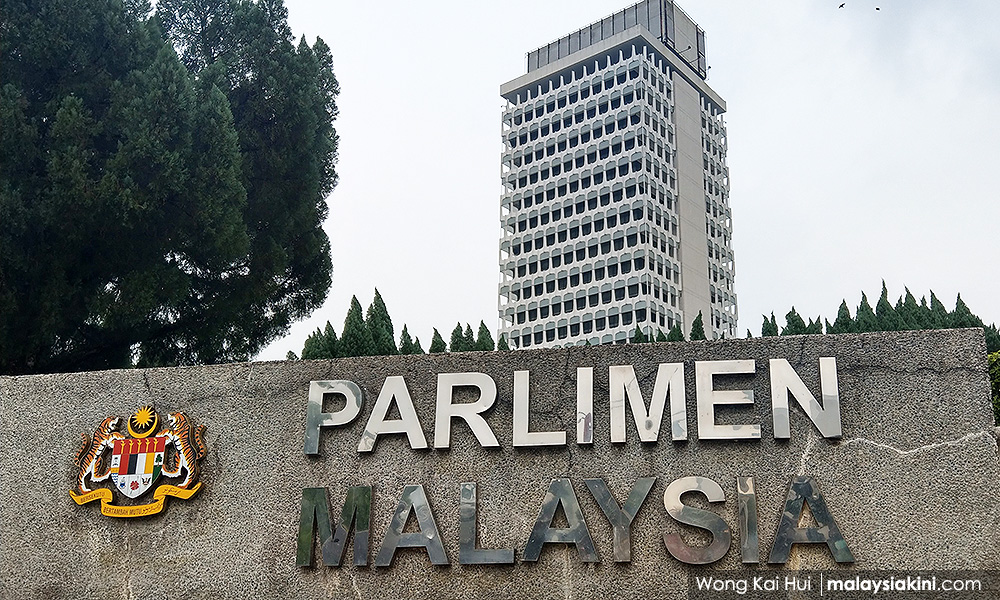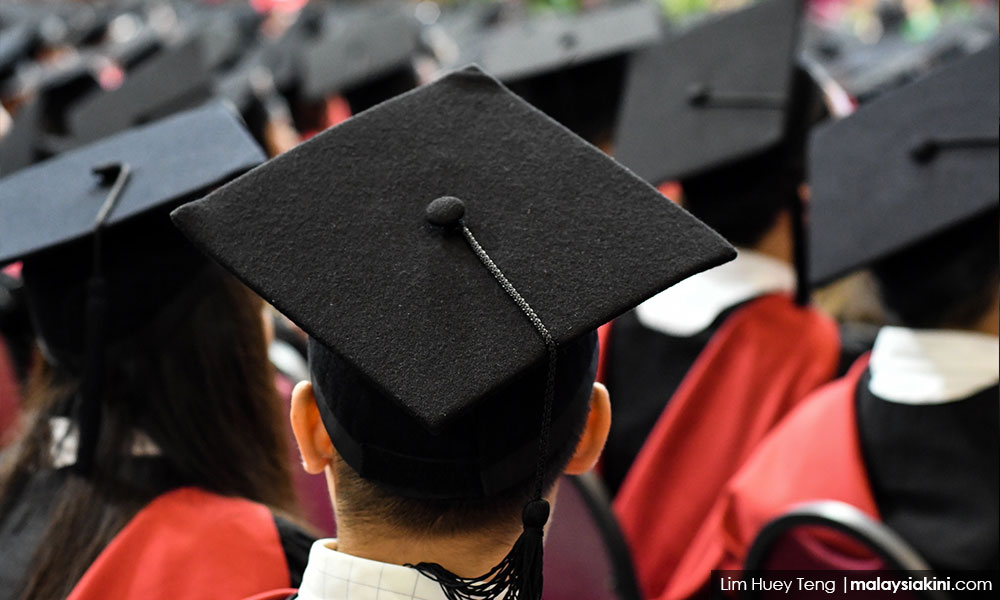
Two-thirds of youths think politicians don’t care about them: survey
Two-thirds of youths in Malaysia think politicians and public officials don’t care about what they think, according to the findings of a recently released survey.
The survey conducted by the Merdeka Centre found that only 27 percent of respondents between 18 and 30 years old disagreed when asked whether they agree with the statement, “Public officials/politicians don’t care what people like me think”.
A further eight percent either said they didn’t know or did not offer a response.
Meanwhile, 78 percent of the respondents said politics and government seemed complicated and they don’t understand what is going on.
This includes the 18 to 22 age group at 79 percent. A large portion of this age group will become eligible to vote if the voting age is lowered from the current 21 years to 18.
Further underscoring youth disillusionment with politics, the respondents most often cited political instability (24.7 percent) as the reason they believe the country is heading in the wrong direction.
This was followed closely by economic concerns (20.9 percent) and public administration (9.6 percent).
Conversely, administration (17.6 percent) was the leading reason cited for believing the country was heading in the right direction, followed by leadership (11.6 percent) and economic concerns (9.1 percent).
Overall, 46 percent of respondents believed Malaysia was heading in the right direction, whereas 42 percent thought it was not.
Despite the negative perception towards politics, many still expressed interest in other forms of civic participation. When asked whether they were interested in volunteerism, 65 percent replied in the affirmative.
A quarter of the respondents who expressed interest in this said they would like to participate in community activities (25 percent), while others said they would like to volunteer in charity (20 percent), welfare (9 percent), health (4 percent) and sports activities (3 percent).

Meanwhile, an overwhelming majority of the youths appear to have a progressive outlook for Malaysia’s political future.
In the survey, 88 percent of respondents agreed that Malaysia needed to develop new political thinking that was no longer premised on racial or religious differences, compared to 10 percent who disagreed.
Ninety-four percent also agreed that Malaysia should put multiculturalism at the heart of society and celebrate an inclusive Malaysian identity, compared to three percent who disagreed.
When it came to their own identity, 46 percent of respondents said they felt equally Malaysian with their own ethnicity, while 40 percent said they felt more Malaysian.
Only 11 percent felt they belonged more strongly in their own ethnic group than their identity as a Malaysian citizen.
Financial constraints
On another matter, 45.4 percent of the respondents cited economic concerns as the main problem facing the country, compared with 23.6 who cited health and wellness concerns.
Other problems cited were social and public safety (3 percent), ethnic relations (2.7 percent) and politics (2 percent).
Financial constraints (28.8 percent), unemployment (12.7 percent) and e-learning challenges (7.5 percent) were the top issues faced, compared to 4 percent who cited Covid-19.
Only 52 percent of the youths said they were earning enough to make ends meet. The proportion is slightly higher for Malays (58 percent) than for other ethnic groups (37 to 48 percent).

Nevertheless, many (82 percent) believed that it was talent and hard work that led to long-term success, rather than 15 percent who attributed it to privilege (i.e. background, parents).
Eighty-four percent expressed confidence in achieving their life goals which were listed as family bonding (29.1 percent), wealth and financial stability (25.3 percent), career success (18.0 percent), a good education (18.0 percent) and “success in life and the hereafter” (5.6 percent).
It should be noted that the survey was conducted between Feb 19 and March 20 this year. During this period, Covid-19 cases were declining from their peak in January and pandemic-related restrictions were being relaxed.
Active Covid-19 cases fell from 36,797 to just 14,442 during the survey period.
The situation has now drastically changed as cases mount and restrictions are reimposed. Active cases have reached 34,789 today with ICU cases are at an all-time high.
The survey polled 2,520 people aged between 18 to 30 across all states in Malaysia through mobile and fixed-line phones.
They were randomly selected on basis of ethnicity, gender, age and location and were then interviewed in the language of their preference.
Most of the respondents (39.3 percent) were private-sector employees and a significant proportion (27.6 percent) were students. Over two-thirds of the respondents have registered to vote, the remaining 35 percent have not.
Merdeka Center says the survey has a margin of error of ±1.95 percent.
thankfully not 100% zombie, unlike that zombieland.
ReplyDeleteWakakakakaka…
ReplyDelete"Only 11 percent felt they belonged more strongly in their own ethnic group than their identity as a Malaysian citizen."
When u have the major race, especially the the current by indoctrinated youth, thinking about been melayu first, then Malaysian!
Only a f*cked morons would buy into Merdeka Centre's play of numeric acrobat!
犬养 mfer, u want 100% zombies?
No such luck! But maybe 89% using the distorted data from yr fart filled well.